How to Stay Safe in an Unknown City: Practical Travel Safety Tips
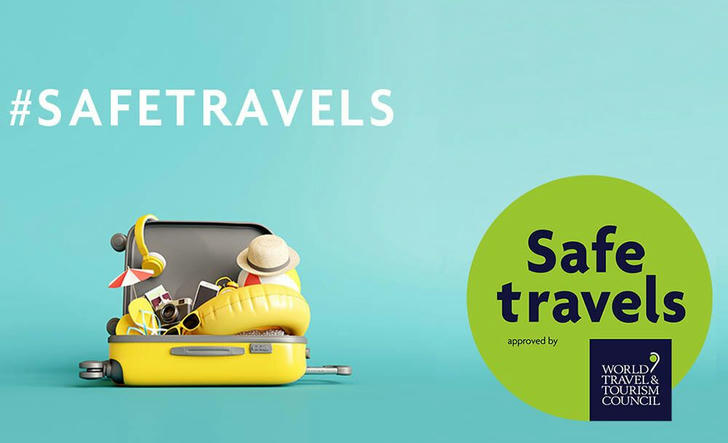
Traveling to an unfamiliar city can be an exciting adventure, but it also comes with its own set of challenges, especially when it comes to safety. Whether you're exploring a bustling metropolis or a quiet town, it's essential to be aware of your surroundings and take precautions to ensure your well-being. In this article, we'll explore practical travel safety tips that will help you stay secure in an unknown city, including advice on personal safety, transportation, and how to avoid common pitfalls that travelers often face.
1.Plan Ahead and Research Your Destination
Before you even set foot in a new city, it's crucial to do some research to understand its safety level. Look for information on the crime rates, the safest neighborhoods, and any areas that might be known for criminal activity. Local government websites, travel forums, and travel blogs can provide valuable insights into what to expect. Additionally, checking out reviews of accommodations, restaurants, and activities can help you avoid unsafe areas.
It’s also a good idea to familiarize yourself with the local customs, laws, and emergency procedures. This can be incredibly helpful in case you find yourself in a difficult situation. If you're traveling to a foreign country, ensure that you know how to reach your embassy in case of an emergency.
2.Keep Important Documents Safe
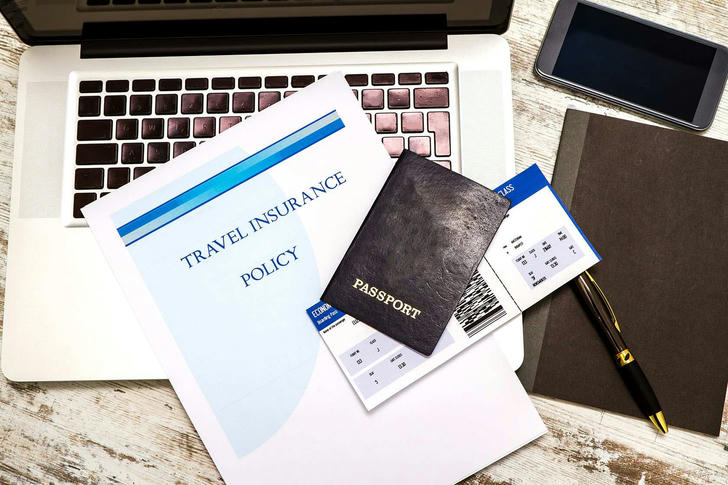
One of the most important aspects of staying safe in a new city is ensuring that your important documents, such as your passport, identification, and travel insurance, are stored securely. Avoid carrying all your documents in one place; instead, split them up. For instance, keep your passport in a hotel safe and carry only a copy with you.
If you're using digital documents, make sure your phone or laptop is protected with strong passwords or biometric security features, and consider storing important files in encrypted cloud storage.
3.Use Public Transport Wisely
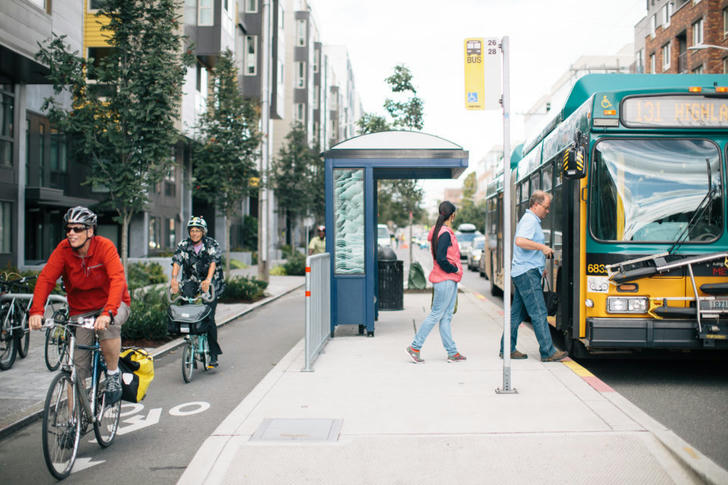
In an unfamiliar city, public transportation can be both a convenient and safe way to get around. However, it's important to use it with caution. Always stay alert, particularly during off-peak hours when there may be fewer people around. Avoid standing too close to the edge of train platforms or bus doors, and if you're traveling at night, try to use well-lit, populated routes.
Before boarding, check if there are any safety tips provided by local authorities, such as restricted zones or areas with higher crime rates. It’s also worth considering the use of ridesharing apps, like Uber or Lyft, which are generally considered safer than traditional taxis, especially if you're unfamiliar with the city.
4.Stay Connected and Share Your Itinerary

Let someone back home know your travel itinerary. Share your plans with family or close friends, including details such as where you’ll be staying and what areas you plan to visit. Regularly check in with them, especially if your plans change. This is particularly important if you're traveling alone.
Additionally, ensure that your phone is fully charged at all times and consider carrying a portable charger. If you're exploring a new area, use location-sharing features on your smartphone, so others can track your whereabouts in real time. Some apps even allow you to send an emergency alert with your exact location to someone you trust.
5.Be Cautious When Walking Around

While walking through a new city, it's easy to get distracted by the sights and sounds around you. However, always be mindful of your surroundings. Avoid using your phone or looking too distracted when walking in unfamiliar areas. Pay attention to who is around you, and if you feel uneasy, trust your instincts and move to a safer location.
It's also wise to stick to well-lit, busy streets, especially at night. Avoid taking shortcuts through alleys or poorly lit areas, which can be risky. If possible, walk with a group, or even consider taking a guided walking tour to help you navigate the city safely.
6.Keep Your Belongings Secure
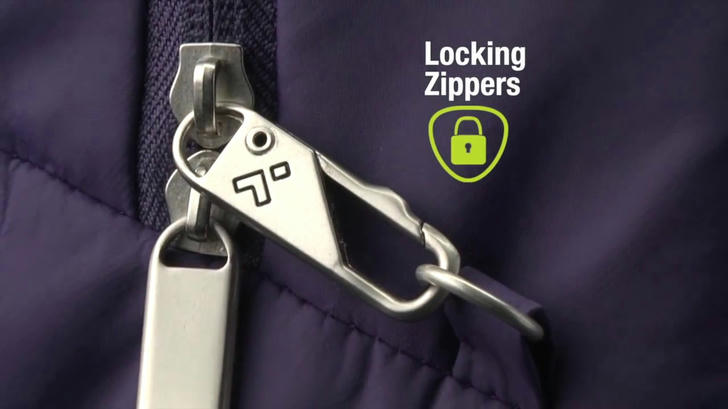
Pickpocketing and petty theft are common issues that travelers face in many cities. To avoid falling victim to theft, use a money belt or an anti-theft backpack that offers extra security features, such as lockable zippers. Keep your wallet and other valuables in a front pocket or a secure bag, rather than in a backpack or purse.
When visiting crowded places, such as markets, tourist attractions, or public transport, be extra cautious. Keep a close eye on your belongings, and if you feel someone bump into you, be alert, as it could be an attempt to steal from you.
7.Avoid Risky Areas and Activities

If you're unfamiliar with the city, it's always better to avoid certain areas that may be known for high crime rates or risky activities. This includes isolated neighborhoods or places that are far from the main tourist attractions. If locals or fellow travelers advise against visiting a certain area, take their advice seriously.
Similarly, avoid participating in activities that could put your safety at risk. For example, drinking excessively in an unfamiliar city can impair your judgment and make you more vulnerable to theft or other dangers. Stay in control of your surroundings and avoid risky situations.
8.Know Emergency Numbers and Health Resources
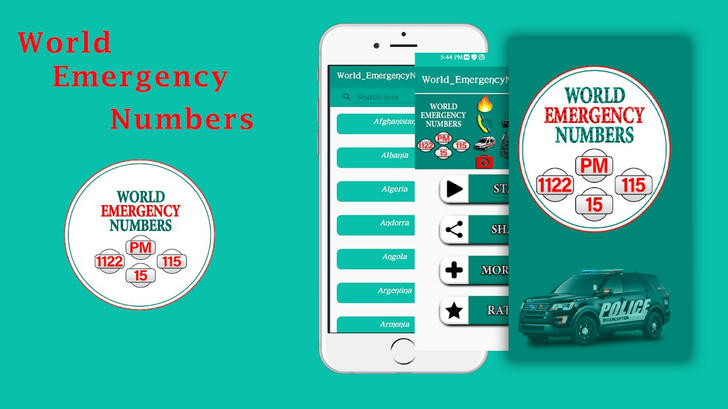
In case of an emergency, knowing how to contact local authorities and access healthcare services is vital. In many countries, the emergency number for police, fire, or medical assistance is 112 or 911. Familiarize yourself with local emergency services and have their contact numbers readily available.
Additionally, understand how to access healthcare services. If you're in a foreign country, it’s important to know where the nearest hospital or clinic is and whether they accept your health insurance. Carrying a first-aid kit and necessary medication can also be beneficial for minor injuries or illnesses.
9. Trust Your Instincts
One of the most important safety tips is to trust your instincts. If something doesn’t feel right, it probably isn’t. Don’t hesitate to remove yourself from a situation that makes you uncomfortable. If you're unsure about a particular area, it's always better to err on the side of caution and seek out a safer environment.
In conclusion, staying safe in an unfamiliar city requires preparation, vigilance, and common sense. By planning ahead, being aware of your surroundings, and following basic safety guidelines, you can enjoy your travels with greater peace of mind. Remember to stay connected, keep your belongings secure, and trust your instincts. Safe travels!
